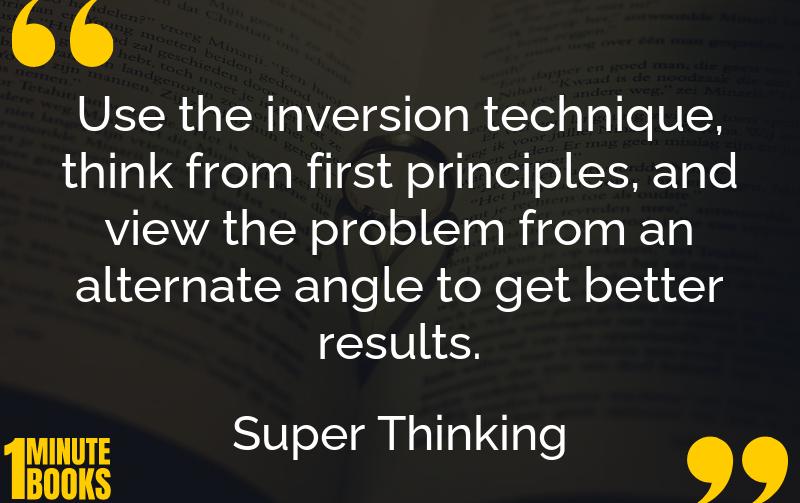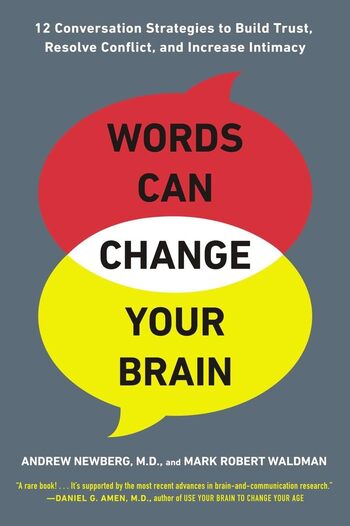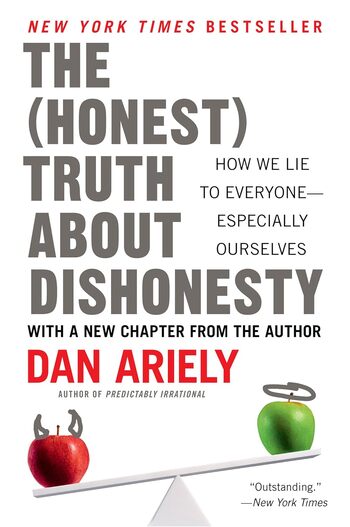
Super Thinking is about using mental models to improve decision-making and problem-solving. By simplifying complex concepts, it helps readers apply cognitive techniques to life’s diverse challenges.
Main Lessons
- Mental models serve as cognitive blueprints to simplify decision-making in complex situations.
- Critical mass illustrates how reaching a minimum threshold can trigger significant changes.
- Inversion encourages solving problems by looking at them from the opposite perspective.
- First principles involve breaking down problems to their basic truths for innovation.
- Ockham’s razor suggests simpler solutions are often better for everyday decisions.
- Fundamental attribution error leads us to unfair conclusions about others, it’s key to avoid this.
- Adapting to change, like the peppered moth, is vital for personal and societal growth.
- Statistical literacy is essential to avoid misleading conclusions from data analysis.
- Understanding social norms vs. market norms aids in conflict resolution and decision-making.
- Reciprocity can influence behavior, as shown in Robert Cialdini’s studies on social norms.
- Avoiding correlation-causation fallacies prevents misattribution of cause and effect in data.
- An experimental mindset helps test and refine new ideas for continuous personal development.








